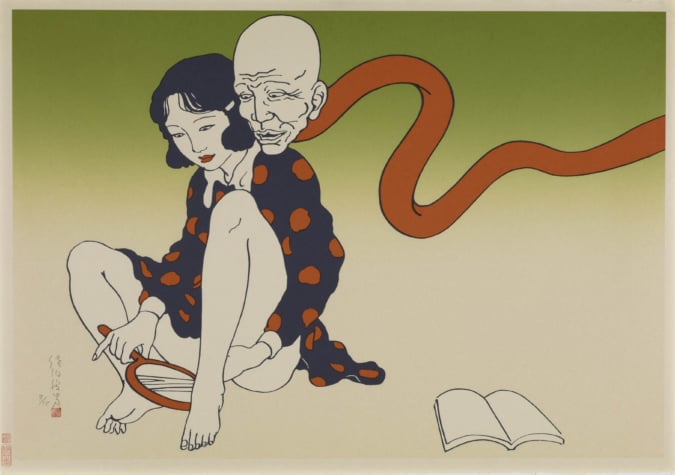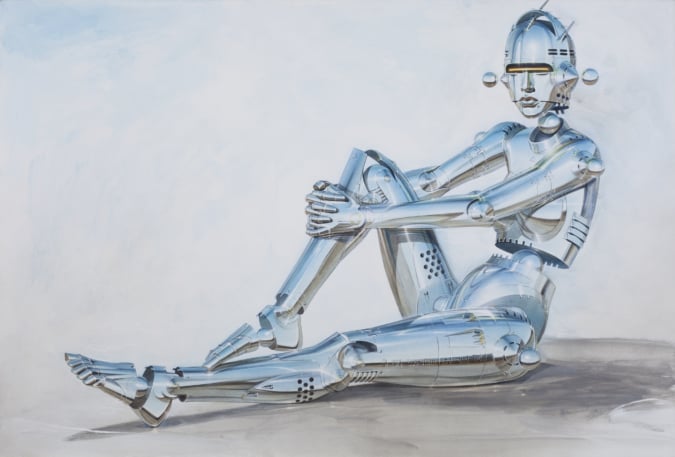Makoto Shinkai, Prodigy of Japanese Animated Movies
His mastery of movement, settings, and variations in light makes him an exceptional creator in the world of animation.
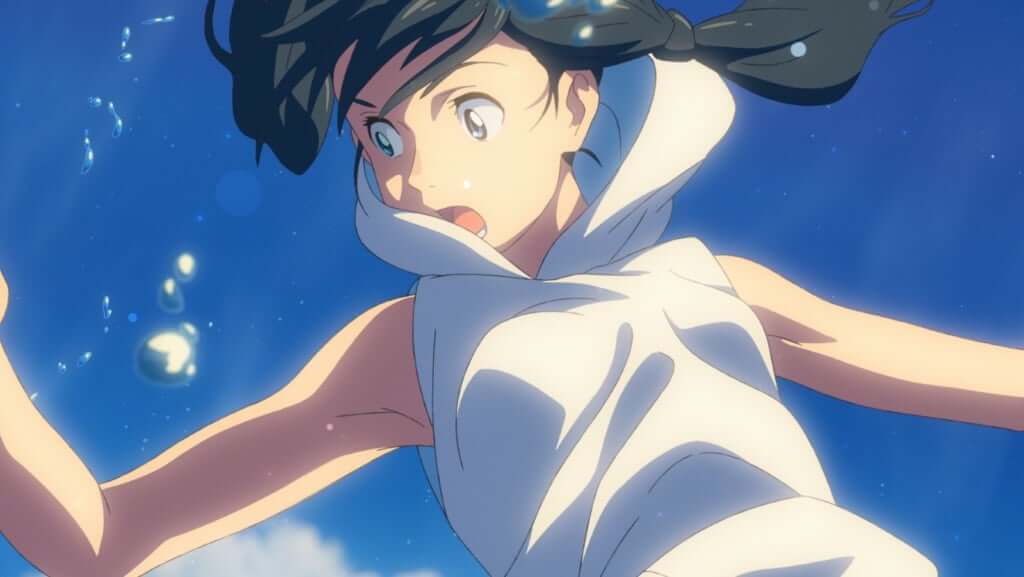
Bringing in 19 million and 10 million viewers worldwide respectively, the animated feature films Your Name and Weathering With You propelled their creator, Makoto Shinkai, onto the international scene. Until a few years ago, it seemed as though he was destined to follow in the footsteps of his father, the manager of a construction company, but he is now the figurehead of a form of cinema that was seeking a new flagbearer after its uncontested former master, Hayao Miyazaki, decided to reduce his output.
Born in 1973, in a small town in Nagano Prefecture, Makoto Shinkai studied literature at Chuo University in Tokyo. He cut his teeth in the video games industry, where he taught himself animation, before giving it up to make Voice of a Distant Star, a 22-minute short film, as a complete amateur. Two years later, in 2004, the animation filmmaker released his first feature film, The Place Promised in Our Early Days. This was followed by other films including Children Who Chase Lost Voices and The Garden of Words, before the seminal Your Name (2016), adapted from the novel of the same name written by Makoto Shinkai himself.
Romantic cinema
The stories recounted and presented in images by Makoto Shinkai fall within sekai-kei, which focuses on the protagonists and their feelings. Romances are therefore highly important in the saccharine teen world built by the Japanese director, like in Weathering with You (2019), in which a high school dropout and an orphan with the power to control the weather seek to make a living by making the sun reappear in a rain-plagued Tokyo.
While the worries and traumas experienced by his country are evoked between the lines in his creations, such as the military tensions between China and North Korea in The Place Promised in Our Early Days, the 2011 earthquake in Your Name, and climate change in Weathering with You, Makoto Shinkai nevertheless perpetuates an archetypal image of Japan. ‘His cinema represents what the Japanese want to see, he doesn’t upset them too much’, explains Jean-Christophe Perrier, a French specialist in animated cinema and creator of the site Desseins animés. ‘It’s a form of cinema based on love stories, in which the characters’ psychology is not explored very deeply. The content of his work is highly formatted and crafts a sugarcoated image of life in Japan to appeal to overseas audiences.’
Mastery of settings
Makoto Shinkai’s real prowess lies more in his technical skills. As a scriptwriter, editor, and storyboarder, he is a one-man technical crew. ‘Makoto Shinkai’s films display a mastery of settings, a zealous perfectionism’, declares Jean-Christophe Perrier. Indeed, the director blends 3D techniques with classic animation, and develops each scene with extreme precision. His mastery of movement, settings, and variations in light is unique in contemporary animation.
In each of his works, Makoto Shinkai offers a detailed view of the city or a road, with a vending machine or a lit street lamp becoming animated jewels. Such settings make the city a character in its own right, and trigger in the viewer an irrepressible desire to go and discover it for themselves. Makoto Shinkai’s cinema is undoubtedly the most effective form of soft power in Japan of our time.
Your Name (2017), an animated feature film by Makoto Shinkai, is available to purchase on DVD or Blu-ray from Hanabi’s online shop.
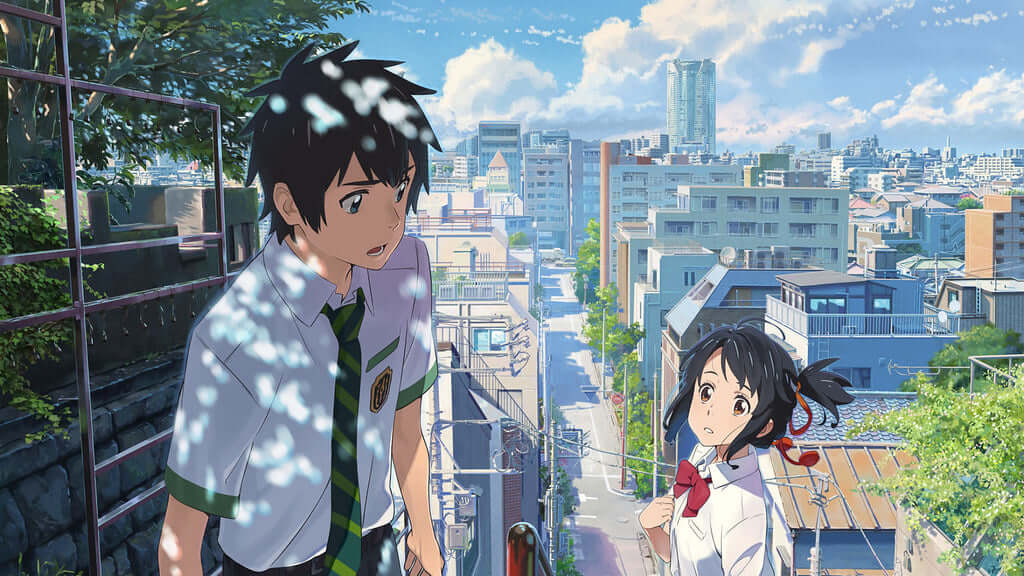
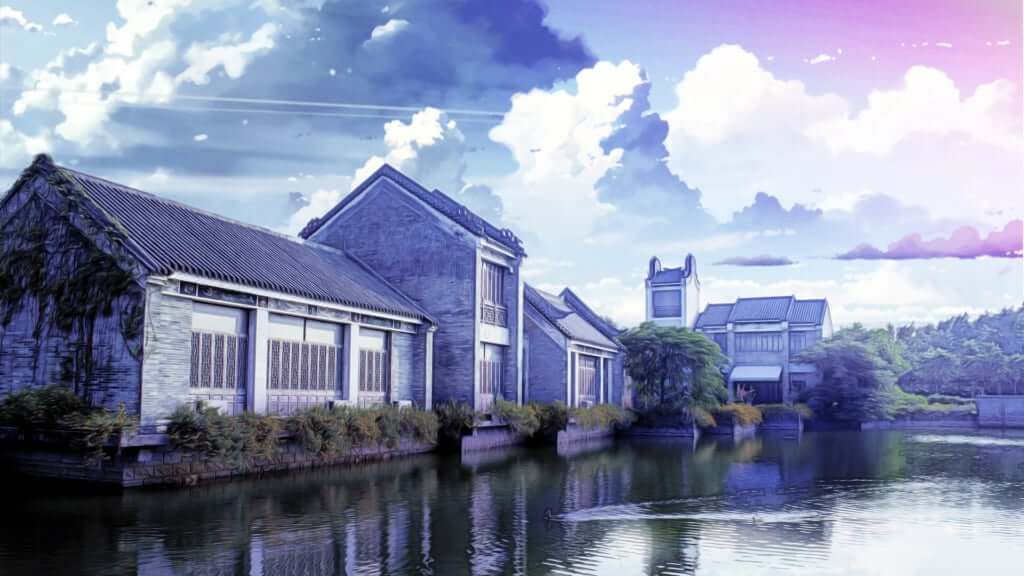
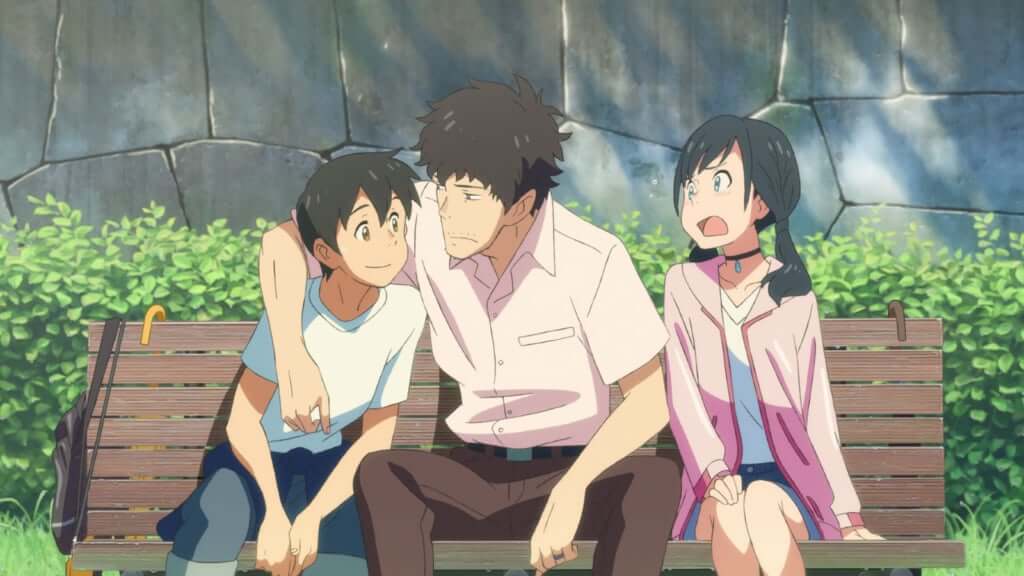
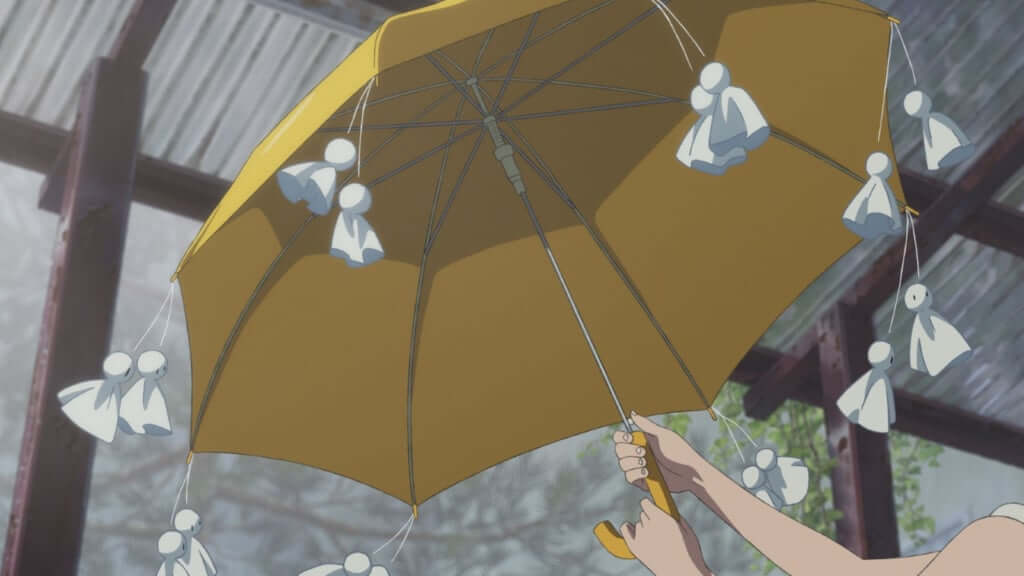
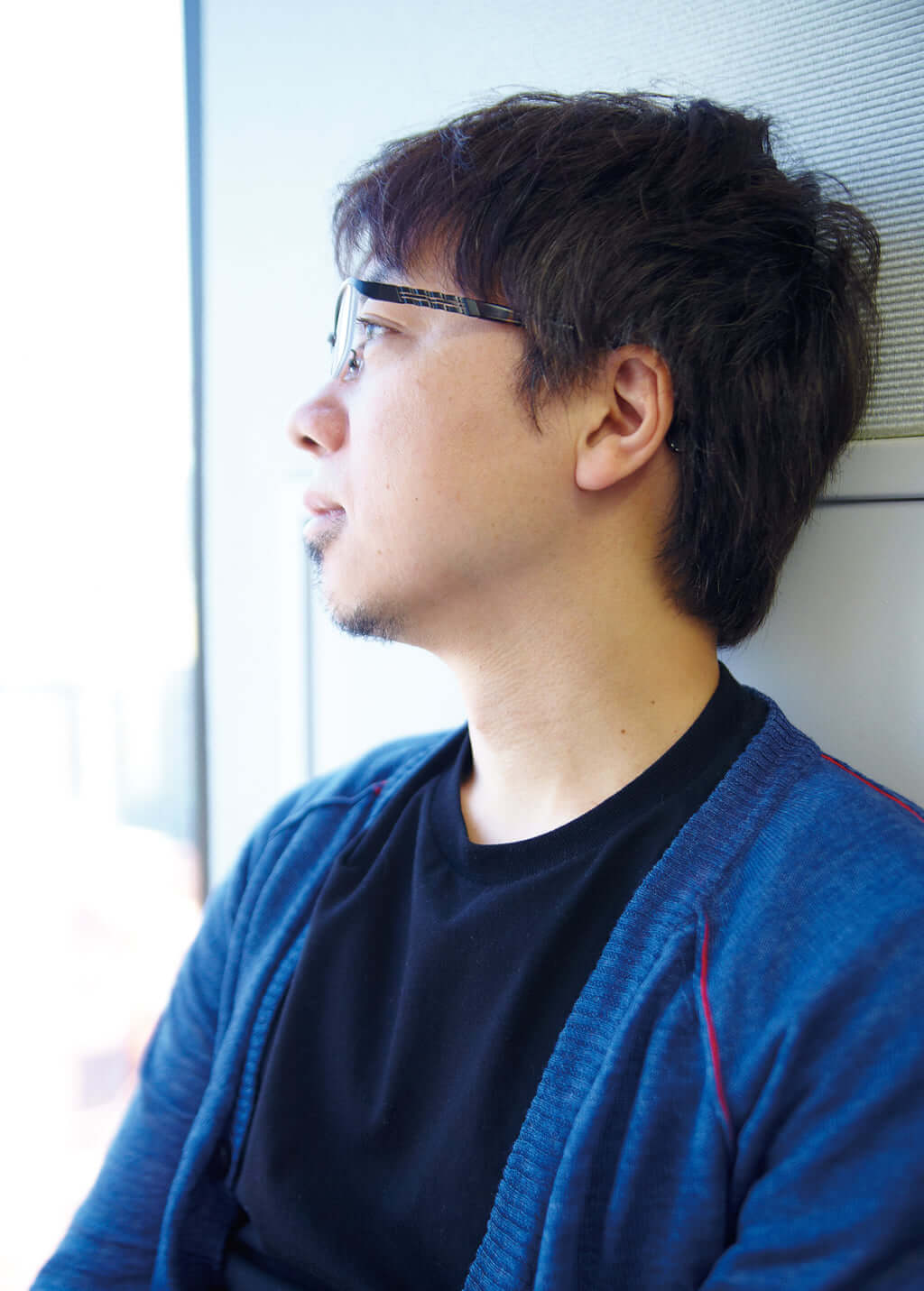
TRENDING
-
A House from the Taisho Era Reveals Its Secrets
While visiting an abandoned building, Hamish Campbell discovered photographs the owner had taken of the place in the 1920s.

-
The Taboo-Breaking Erotica of Toshio Saeki
The master of the 1970s Japanese avant-garde reimagined his most iconic artworks for a limited box set with silkscreen artist Fumie Taniyama.

-
With Meisa Fujishiro, Tokyo's Nudes Stand Tall
In the series 'Sketches of Tokyo', the photographer revisits the genre by bringing it face to face with the capital's architecture.

-
Masahisa Fukase's Family Portraits
In his series ‘Family’, the photographer compiles surprising photos in which he questions death, the inescapable.

-
Hajime Sorayama's Futuristic Eroticism
The illustrator is the pioneer for a form of hyperrealism that combines sensuality and technology and depicts sexualised robots.


